TL;DR yes, kinda.
This is what one would call "Model 2 MVC" or "Web MVC" as defined by Java community in early 2000s.
The main difference from "classical MVC" is in the way how view interacts with model, because in the classical approach the view would observe the model for changes in its state. The controller would alter the model's state and the view would receive signal, that the model' state changed. Which would prompt the view to request only the information, that was directly related to the change of state.
But the classical approach is not all that pragmatic for the web. Which is where Model2MVC comes in.
Due to web's request-response nature, you will end up with pairs of controllers and views. And each view will already know what its paired controller will alter in the model's state. And it doesn't need to observer anything, because it will need all the page data anyway.
I hope this helps.
P.S. The reasons why you see so many claiming to use 'MVC', which is completely different from this, is RubyOnRails - it used 'MVC' as marketing buzzword.
